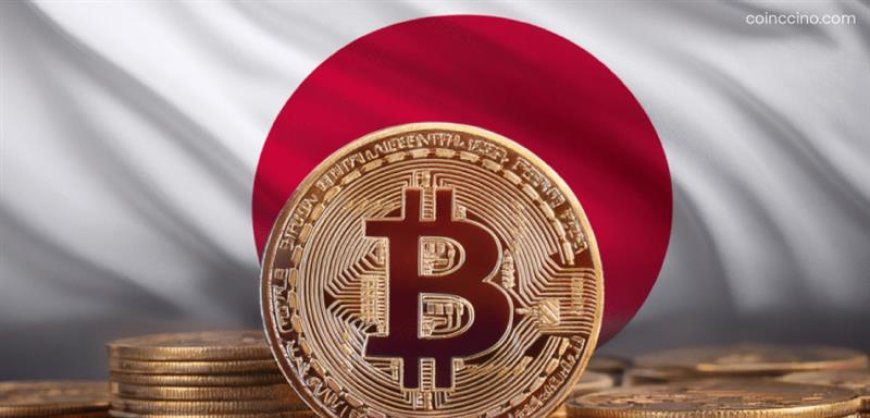Japan Moves to Ban Crypto Insider Trading, Treat Cryptos as Financial Instruments
Japan is preparing to introduce new regulations that would explicitly prohibit insider trading involving cryptocurrencies. Under proposed changes, digital assets would be reclassified as “financial products” under Japanese law, and the Securities and Exchange Surveillance Commission (SESC) would gain powers to investigate crypto transactions suspected of using unpublished or confidential information. Draft legislation is expected in 2026.

Market Context
Until now, many crypto assets in Japan have been regulated under payment-service laws, not under securities laws. This distinction has limited the ability of regulators to apply traditional market rules—such as those against insider trading—to the crypto sector. With growing adoption of cryptocurrencies and increasing concerns over market integrity, Japan’s regulators see a gap in the legal framework that needs closing.
Technical Details with Attribution
- The Japanese Financial Services Agency (FSA) is working on reclassifying cryptocurrencies as financial products, instead of just means of payment. This reclassification would place them under the purview of the Financial Instruments and Exchange Act (FIEA), which governs securities.
- The Securities and Exchange Surveillance Commission (SESC) would be granted authority to investigate suspicious crypto trades, impose administrative penalties, and refer serious violations for criminal prosecution.
- The proposed legal revision is expected to be drafted by the end of 2025, with formal submission to Japan’s parliament scheduled in 2026.
- Regulators acknowledge challenges: many tokens lack clearly identifiable issuers, making it harder to define who qualifies as an “insider.” Defining insider trading in decentralized contexts will require new legal and technical definitions.
Analyst Perspectives
Experts see this move as an important step toward aligning Japan’s crypto regulation with securities law standards. It may reduce unfair trading practices, improve investor confidence, and attract more institutional participation. However, implementation will be challenging: defining insider roles in decentralized projects, monitoring off-exchange transactions, and ensuring exchanges comply with new supervision. There is also the potential for unintended consequences if regulatory thresholds are unclear.
Global Impact Note
If Japan successfully enacts these rules, it could influence other jurisdictions to adopt similar legal frameworks. Treating cryptocurrencies like securities with anti-insider rules may become a norm globally, particularly as regulators seek to bring oversight to opaque corners of crypto markets. It could also shift investor behavior, pushing more transparency and compliance among exchanges and token issuers.